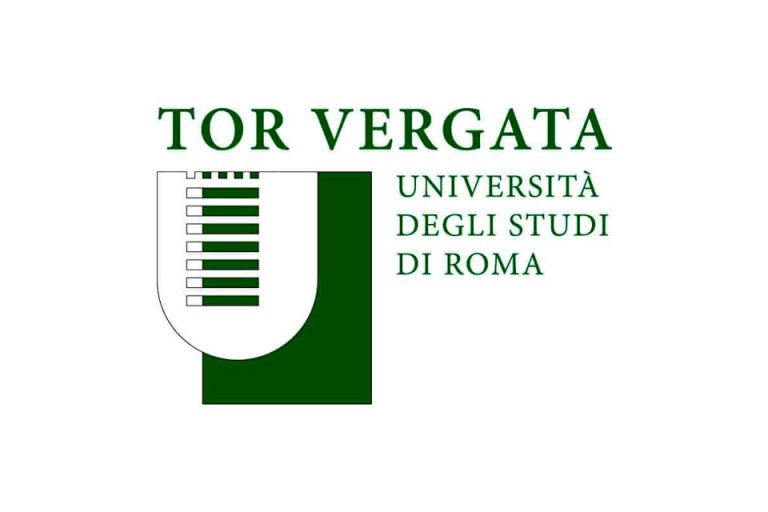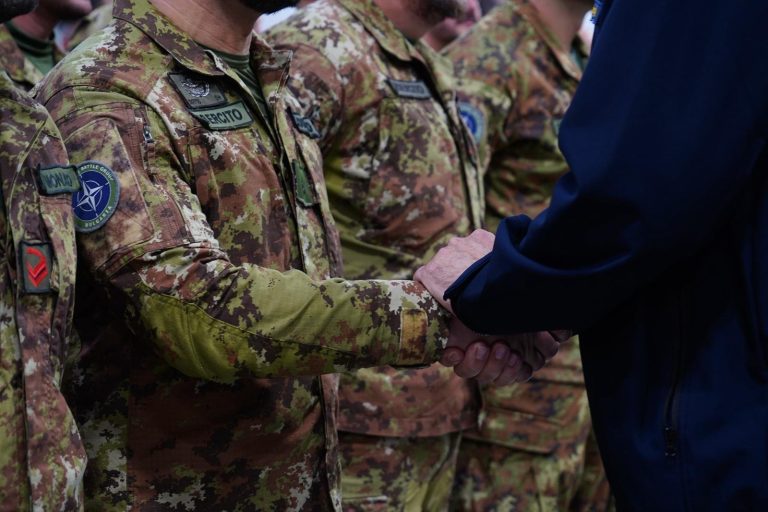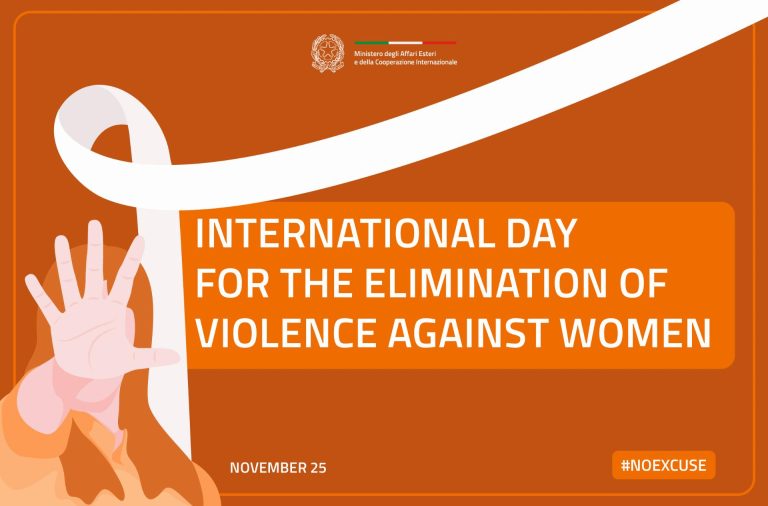As part of the decision-making process of the Italian G20 Presidency, the in-depth examination of sectoral issues of international importance is entrusted to the so-called Working Groups.
These groups are composed of experts from G20 countries who deal with a variety of issues in their respective areas of competence, bringing them to the attention of Ministers and, where appropriate, Leaders.
Each group is coordinated by a representative of the Ministry of the Italian Republic competent for the specific topic.
The working groups and their priorities within the Presidency are as follows:
Education: The Working Group on Education examines, also in the context of the pandemic, the factors that affect the right to education and access to higher education. Among the priorities that will be addressed during the Italian Presidency are the reduction of the digital divide and the tools offered by digitalization to broaden the channels connecting education and the labor market.
Health: Threats to global health are directly linked to one of the central objectives of the G20: ensuring economic stability and prosperity. Also, in light of the pandemic, the Italian Presidency will place particular emphasis on the work of this working group, also promoting its interaction with the Global Health Summit, which Italy will organize in collaboration with the European Commission and host later this year.
Trade and Investment: This working group was established in 2016. The group addresses all major trade and investment issues and carries out coordination of actions by G20 countries to strengthen trade and investment globally. The main goal for 2021 will be to foster recovery and overcome the impacts of the pandemic.
Development: The Development Working Group (DWG) was created in 2010. The DWG has become a key forum for discussing and promoting action on a wide range of issues of direct interest to developing and particularly low-income countries. In 2016, the G20 Leaders entrusted this group with the function of coordinating and monitoring policy actions relevant to the United Nations 2030 Agenda for Sustainable Development.
Task Force on Digital Economy: established in 2016, it supports the activities of G20 Ministers responsible for digital economy issues and highlights the central role played by digital transformation in the broad context of economic and social growth. Under Italian presidency, it will build on the work done in past years, proposing to develop new perspectives for digitization and digital administration.
Anti-corruption: promotes regulatory harmonization among G20 countries in terms of preventing and combating corruption. Its composition is interdisciplinary. Italy is headed by the Ministry of Foreign Affairs and International Cooperation. Under the Italian Presidency, the group will pay particular attention to modern forms of corruption, increasingly linked to economic and organized crime, and to the development of reliable indicators in sectors most exposed to risk, such as the sports sector. A new G20 Anti-Corruption Action Plan for the period 2022-2024 will be adopted.
Labor: The mandate of the group (established in 2014) is to address priority labor issues. The group defines shared lines to foster employment creation, improve working conditions, and develop positive dynamics to promote strong, sustainable, balanced, and inclusive growth. To this end, the group also fosters greater accountability of stakeholders and develops methodologies to ensure effective implementation of agreed policies and programs. It draws on ILO and OECD technical analyses and involves the B20 (employers), L20 (workers), W20 (women) and Y20 (youth) engagement groups in its activities.
Energy Transition and Climate Sustainability: Recognizing the inextricable link between energy and climate change, Italy will combine the work of the Climate Sustainability Working Group and the Energy Transition Working Group. During our Presidency of the G20, we will address some of today’s most challenging and urgent issues with the goal of reducing greenhouse gas emissions and promoting a sustainable energy reality, building a resilient future and ensuring prosperity. The ETWG, in particular, will focus on the future of sustainable cities, smart electricity grids and innovative green technologies. It will also focus on the issues of efficiency and circularity, including as factors in stimulating a sustainable, people-centered and planet-friendly recovery. Also on the agenda will be universal energy access and the elimination of energy poverty, as well as the development of a new concept of global energy security that embraces modern, clean sources of energy.
The CSWG will focus on defining new inclusive and resilient models based on the opportunities that “sustainable recovery” from COVID-19 offers to accelerate energy transition, green economy and environmental sustainability. This is done by leveraging not only domestic public resources but also progressively aligned global financial flows in support of the Paris Agreement goals. Climate change adaptation, resilience and nature-based solutions are also central to this approach. It aims to combine emissions reductions and adaptation, combat biodiversity loss, improve air quality, and improve the energy efficiency of buildings with positive impacts on human health and well-being.
Environment: Environment and climate represent one of the three pillars of the agenda of the Italian Presidency of the G20, in a year in which a number of historic appointments will be held, including in particular COP26 on climate change, co-chaired by the UK and Italy. The Environment Deputies Meeting (EDM) will therefore facilitate the preparation of the work of the Environment Ministers and the Leaders themselves, both within the G20 and for the interconnected multilateral events that will take place in 2021. In addition to climate issues, also addressed by the Climate Sustainability Working Group (CSWG), the EDM will focus on the protection of biodiversity and on the concepts of sustainability and livability, for example in the urban context.
Culture: This working group was created to support the organization of the Culture Ministerial, which will be held during the Italian Presidency of the G20. The main objective is to bring the theme of the Protection of Cultural Heritage to the center of international attention, with particular reference to illicit trafficking, the relationship between culture and climate change and the interaction between culture, training and education. The group allows to develop the connection between international experts and provides support to the Ministers of Culture so that their decisions can be implemented at the international level.
Tourism: The Tourism Working Group was created in 2020 in view of the key role the sector plays globally in terms of economic growth, job creation, preservation of natural and cultural resources, and achievement of the Sustainable Development Goals. In the current context of crisis generated by the pandemic, the group will focus on coordinating and sharing policies and measures to be taken for a rapid recovery of international tourism.
Academics Informal Gathering: The newly formed “Academics Informal Gathering” focuses on research and higher education. This informal group prepares the work of the Research Ministerial, which will be chaired by the Minister of Universities and Research.
Agriculture: The G20 Agriculture group was established in 2011 to prepare for the meeting of Agriculture Ministers. It has become an essential forum to strengthen cooperation on issues of global food security, nutrition, sustainability and resilience of agriculture and food systems, and to promote the development of sustainable agriculture.











